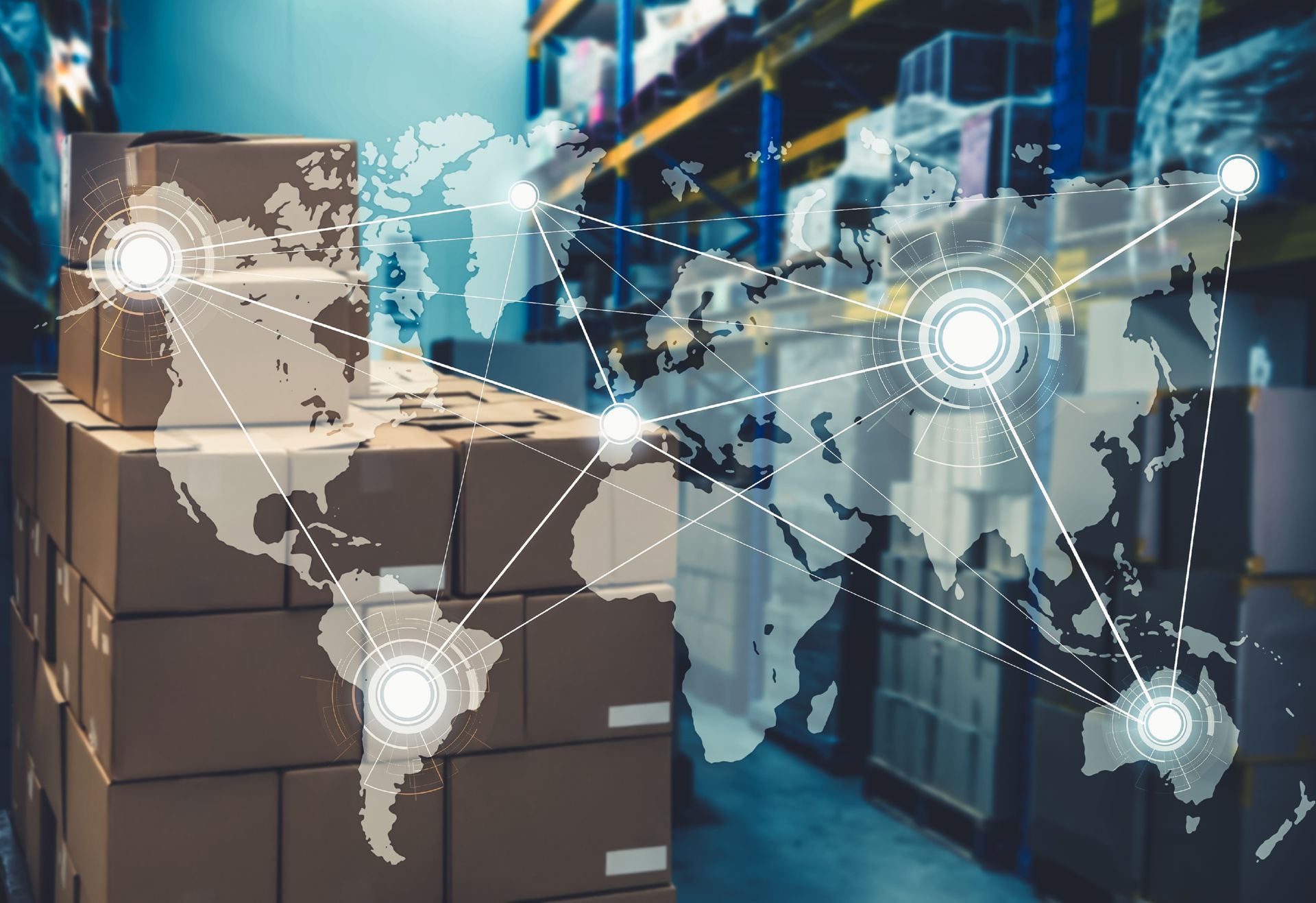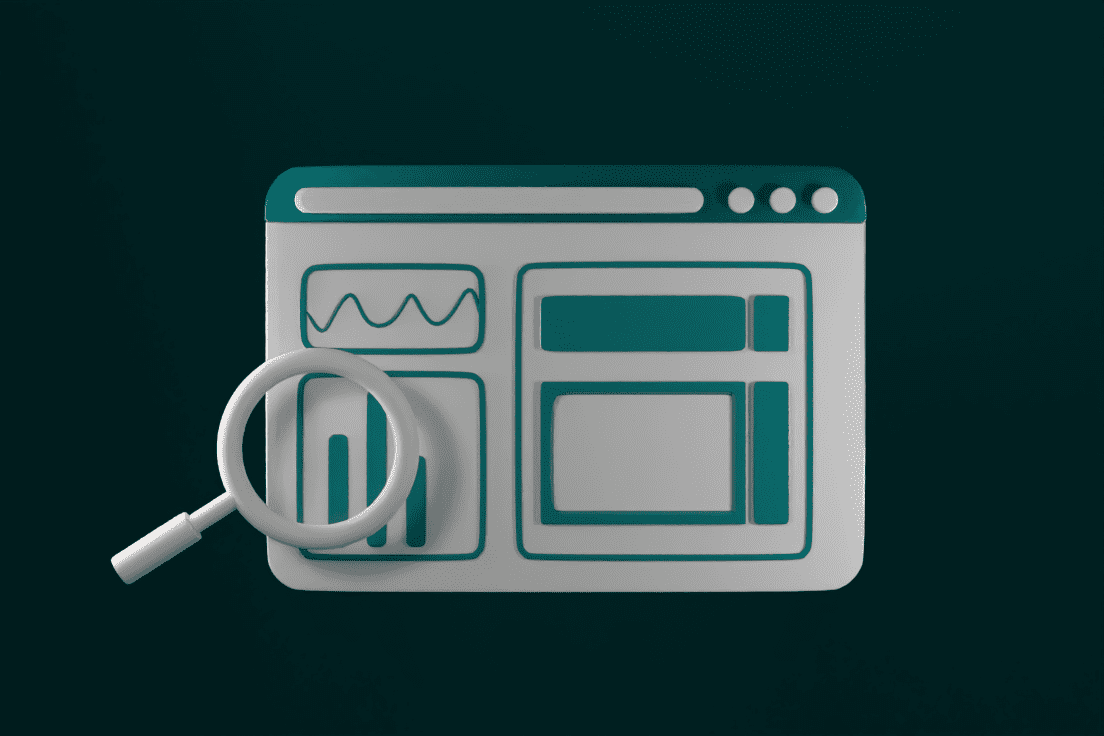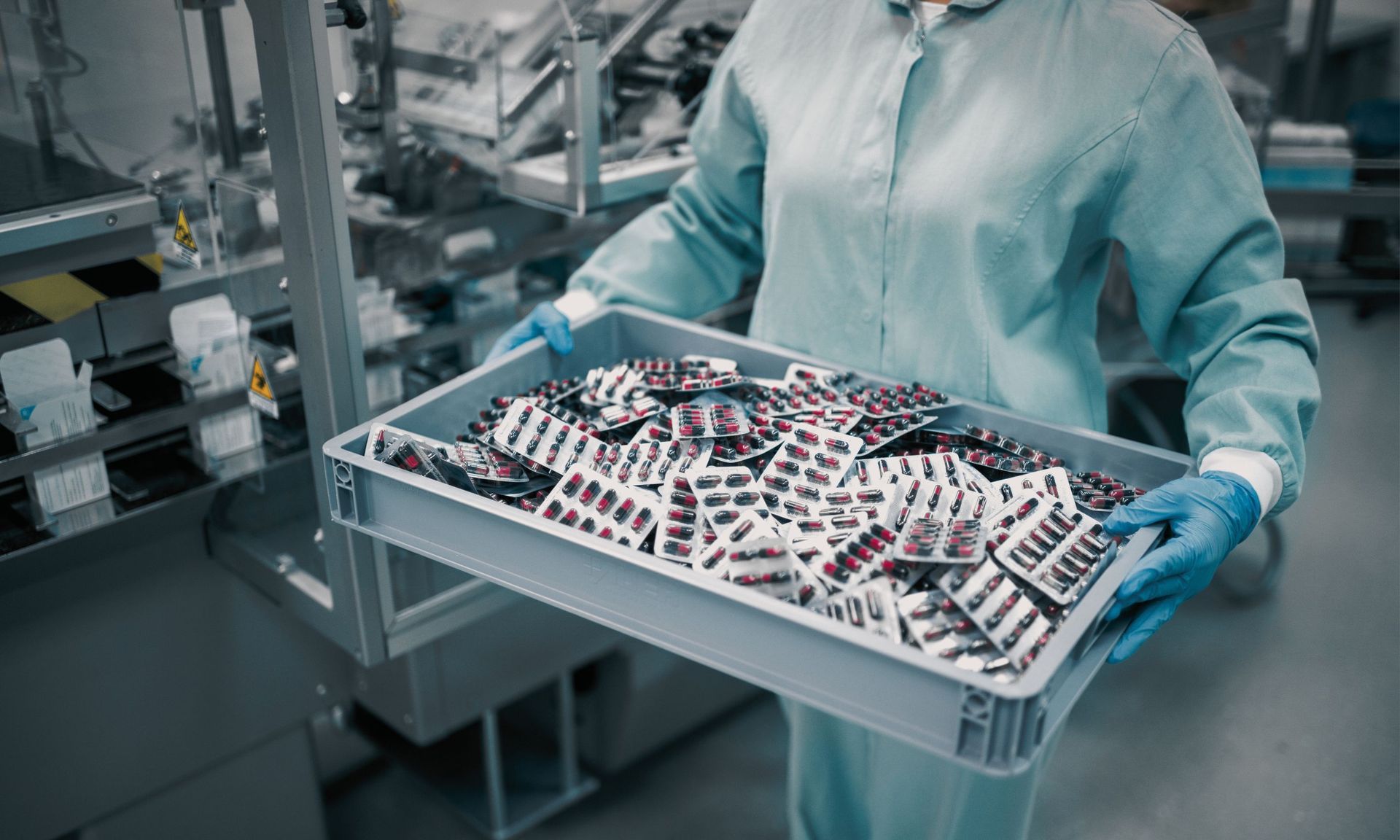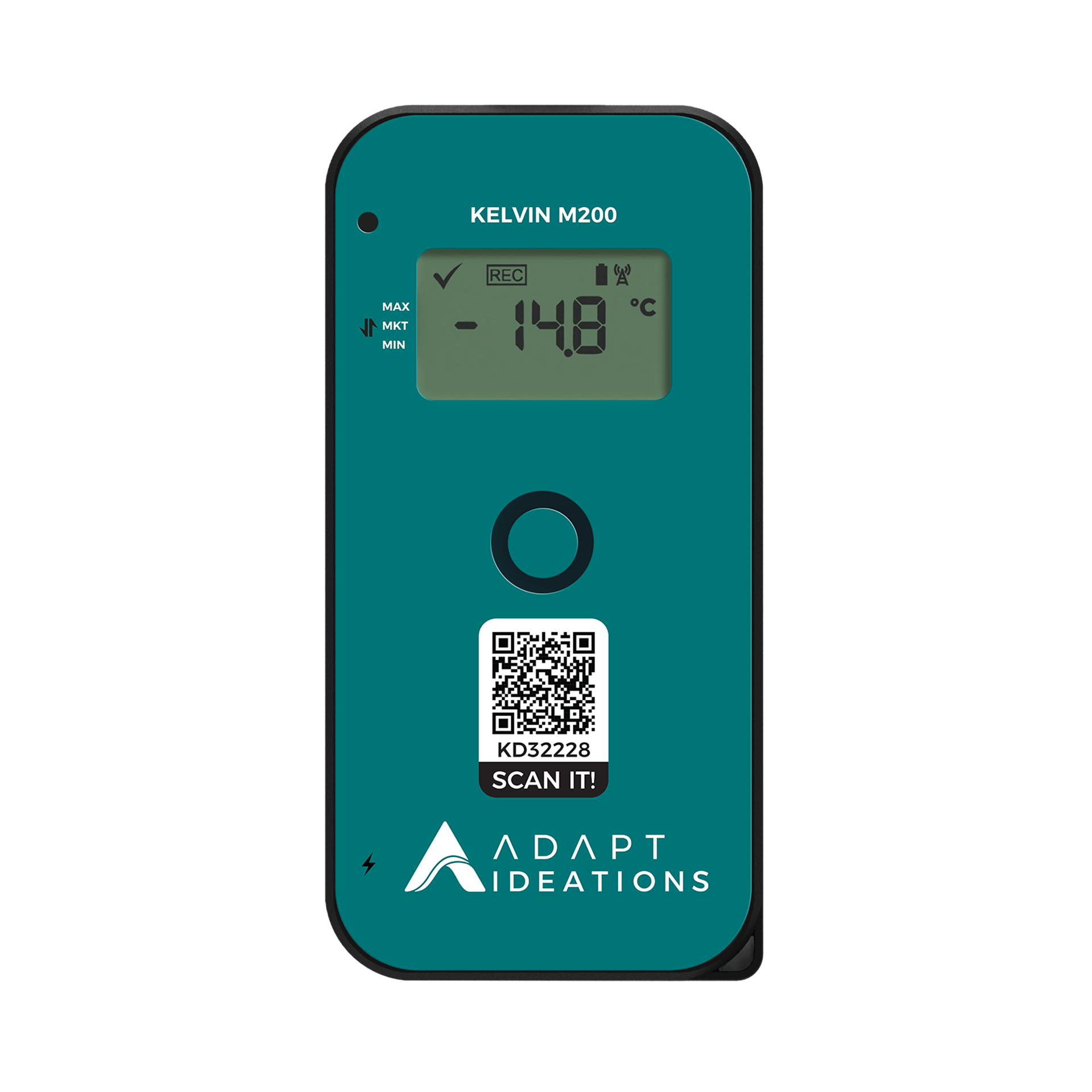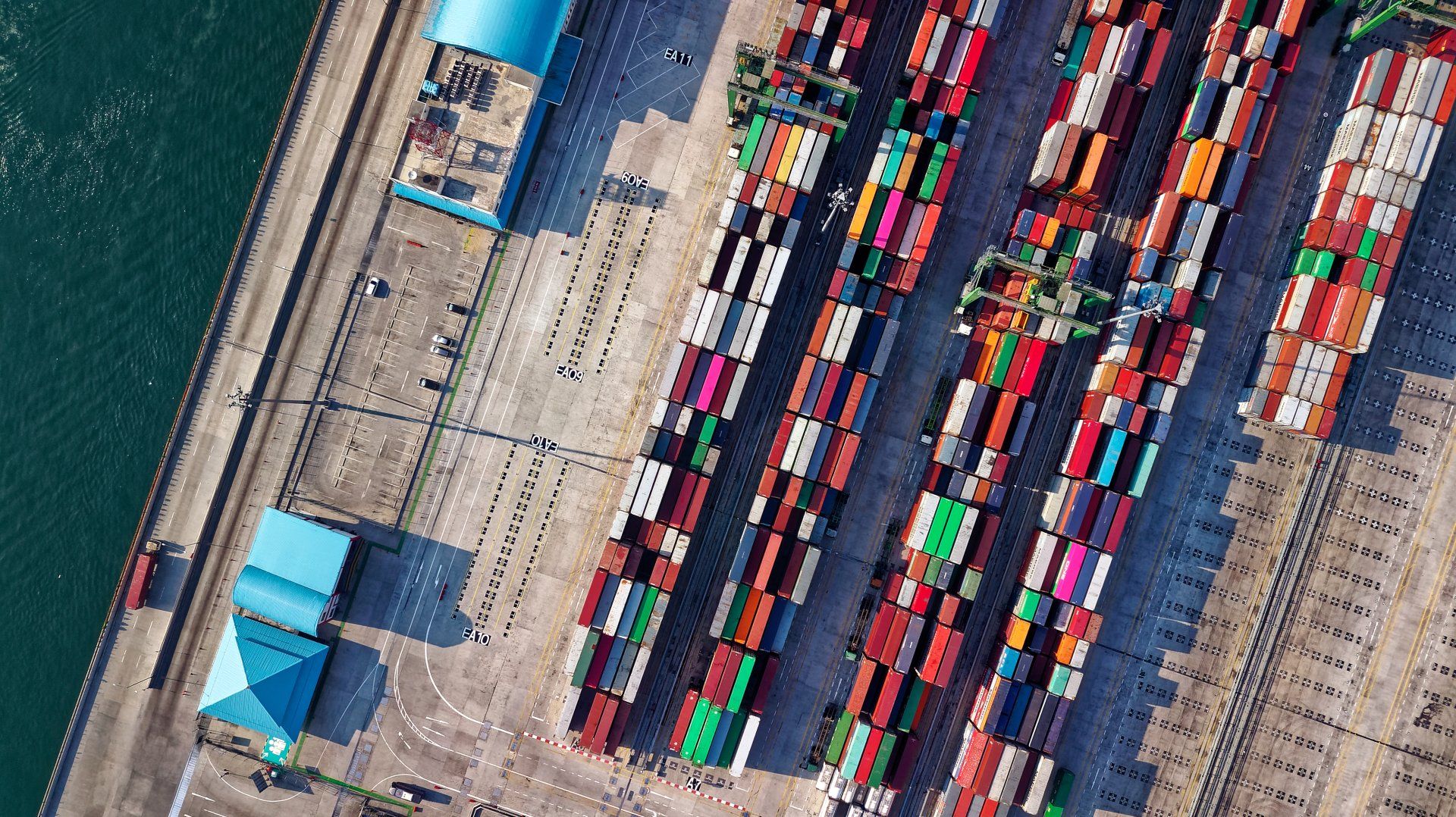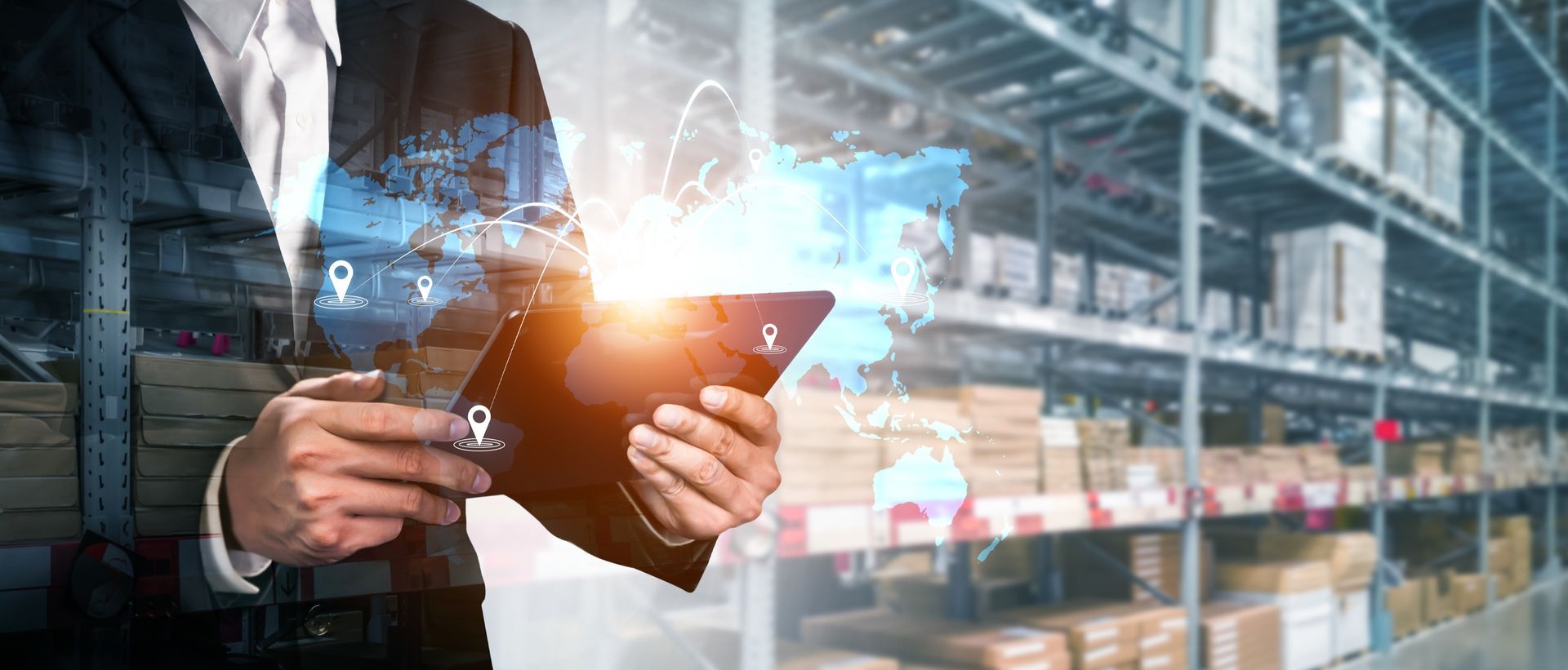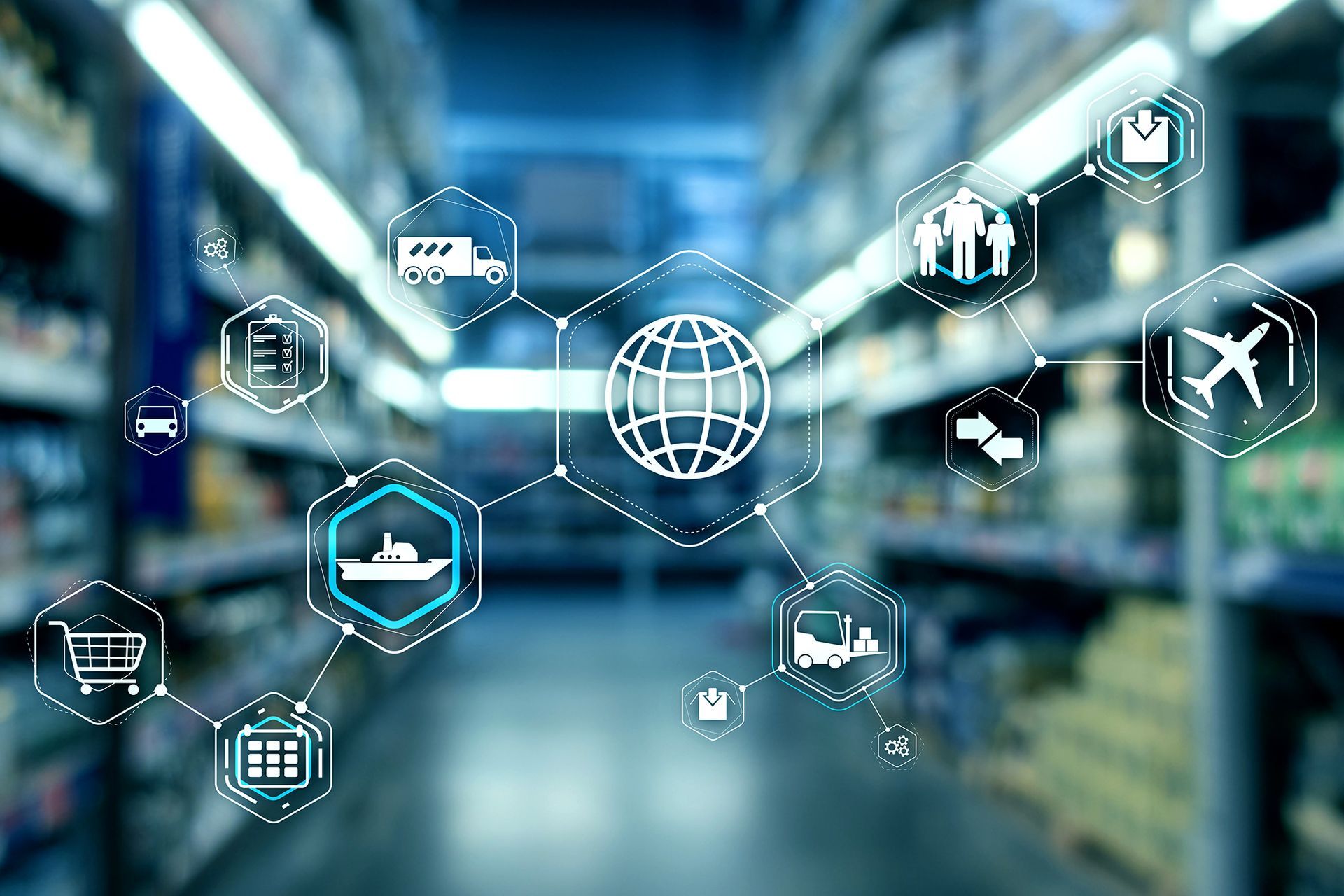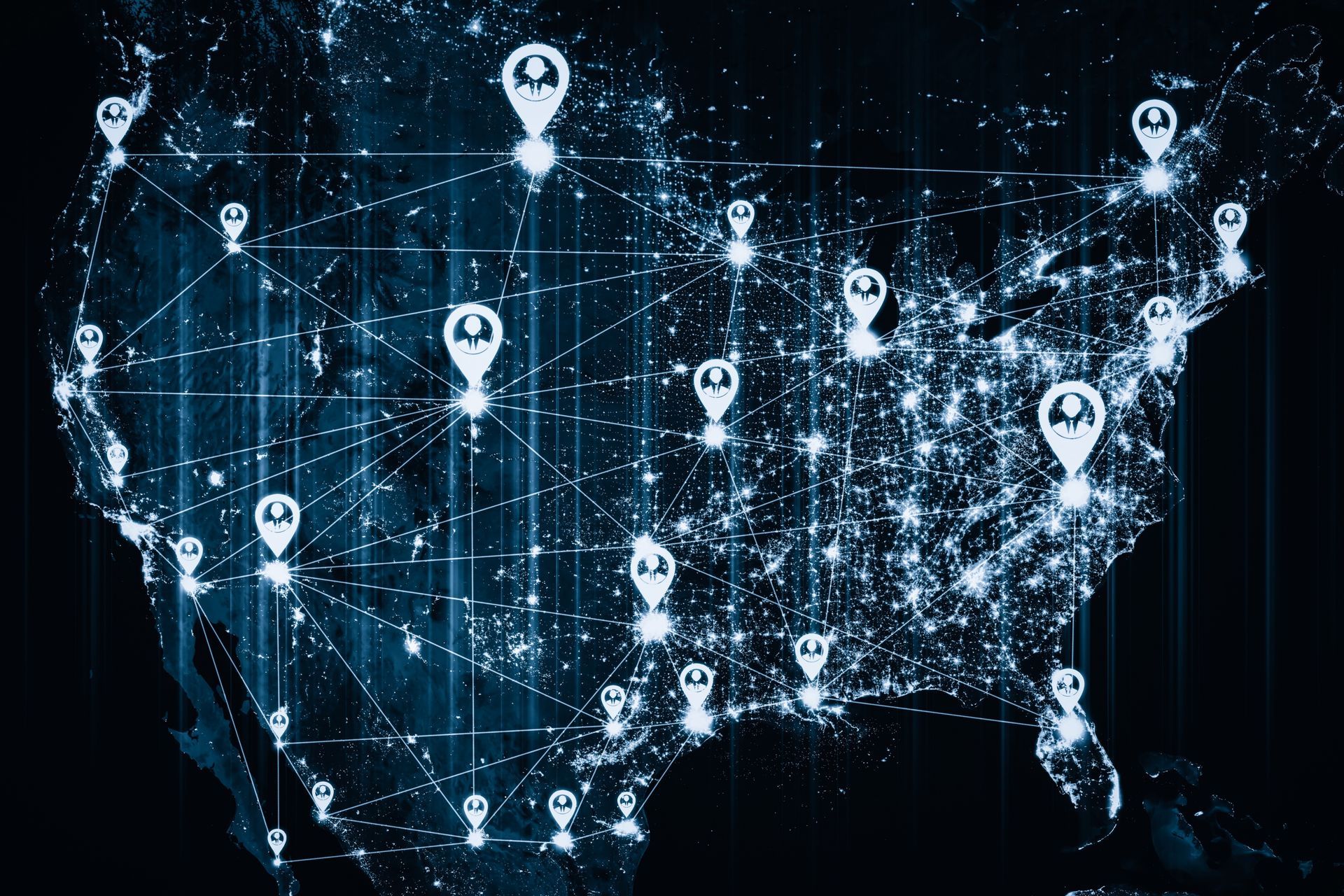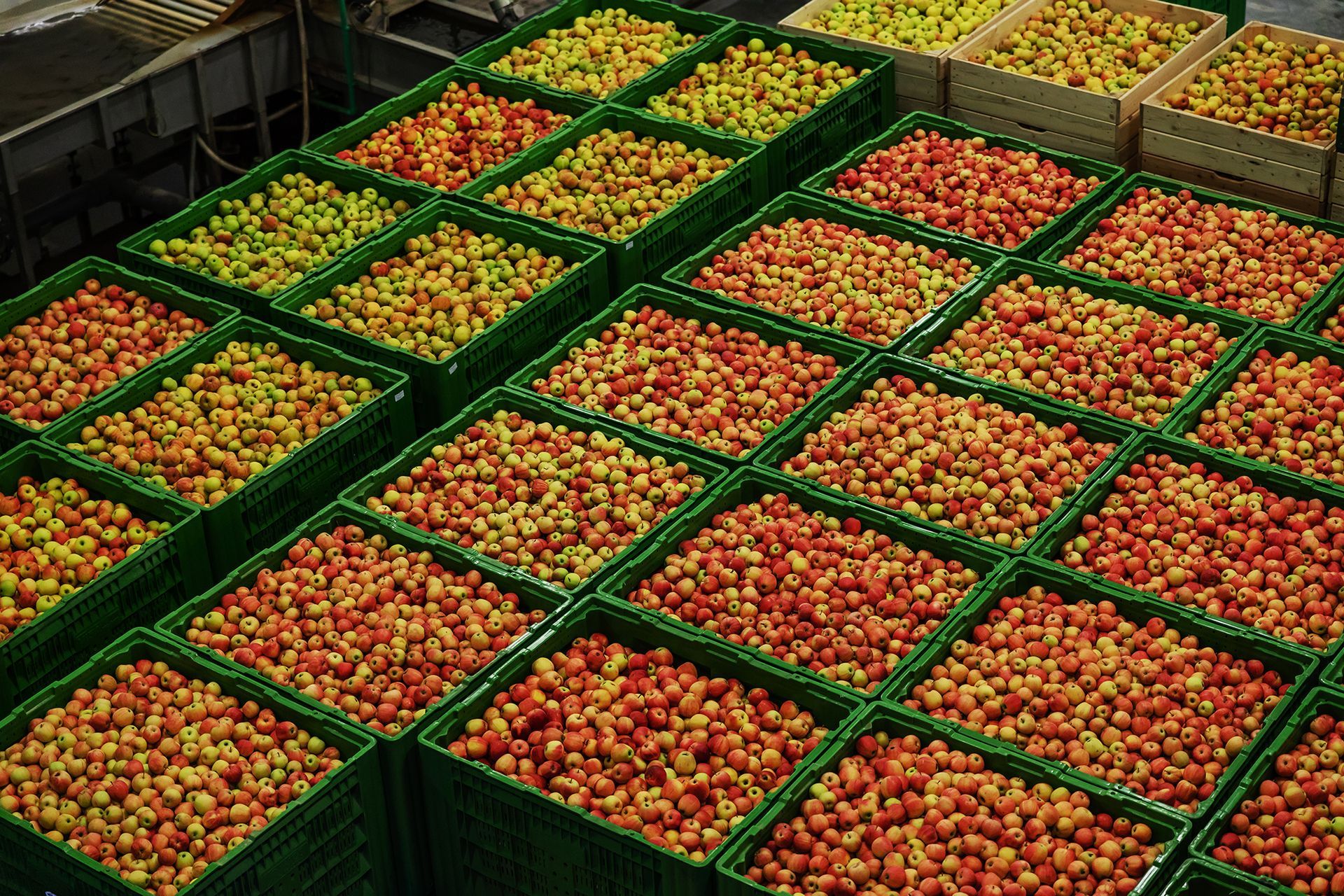The Importance Of Data Logging In Different Systems & Environments
Have you ever wondered how organisations keep track of critical information like temperature, humidity, and light in their processes? Well, that's where data logging comes into play!
Data logging is like the trusty detective that collects and stores data over time in a digital format. It allows us to analyse and track data trends, making it an indispensable tool for all those who require accurate information about their systems and environments. Whether tracking vaccines throughout transportation or monitoring critical assets , data logging is the secret sauce for gathering vital data for future analysis.
Imagine your favourite spy movie, but instead of James Bond, you have a data logger stealthily recording every little detail along the supply chain. The wealth of information plays a vital role in making informed decisions. It's like having your own data detective squad providing valuable insights into the condition of assets and products, helping you identify areas for improvement.
And the best part? Data loggers are like data scavengers. It doesn't discriminate as it accurately collects data throughout use, making it a piece of cake to compare and analyse information. Further, it lets you identify patterns, detect anomalies, and take data-driven actions that can change the game for your business.
We're going into the fascinating world of data loggers (also known as data recorders) and exploring their importance in different systems and environments. We'll unravel the mystery of the four main types of data loggers that power these intelligent information gatherers.
Get ready for the exciting realm of data logging, where every bit of information counts, and knowledge is the ultimate key to success! Stay tuned for further insights and discoveries that can transform the way you view your systems and environments. So, let's start this data-driven journey together!
What Is Data Logging & How Does It Work?
Data logging is an innovative way to collect and record data using electronic gadgets. It's a critical process which involves collecting data and can be used for further analysis across various industries, like cold chain storage and asset tracking.
Data loggers gather information from diverse sources like sensors, computers, and devices. Once they collect the information, the data is stored in a safe database.
But that's not all! This collected data can easily be transferred to a computer for further analysis. You can unravel the secrets hidden in the numbers - spot trends, patterns, and correlations! Not just that, but you can keep an eagle eye on changes over time. Businesses can spot areas for improvement and monitor product or service performance. Plus, data loggers can store historical data for future reference if required or until connectivity is regained. Unlock the power of data logging now!
Understanding The Components Of A Data Logger
Data such as temperature, pressure, humidity, and other environmental conditions (like shock) are collected via an electronic device. The electronic data logger device consists of several components, including a sensor, a processor, a data logger interface and a storage component. The sensors log data from the environment and send the data to the cloud where all metrics can be viewed and further analysed.
The Power Of Data Logging In Streamlining Supply Chains
Supply chains are becoming more complex in recent times. With global sourcing, manufacturing and distribution, companies must constantly optimise their processes, further reduce costs and improve product quality. One key enabler of such improvements is the use of data loggers.
Data logging involves the collection of real-time operational data using sensors, wireless communication and cloud-based computing. These devices collect data that is able to provide valuable insights into supply chain performance, enabling companies to make informed decisions and take corrective actions.
Benefits Of Using Data Loggers In Supply Chains
The benefits of using data loggers in supply chains are manifold. We have discussed some of them in detail here: -
- Accurate Monitoring: Data loggers track transport and shipping environments. It helps ensure precise monitoring of temperature, humidity, vibration, shocks, and light exposure that are crucial for maintaining perishable product quality and safety in cold chain logistics.
- Process Optimisation: Data analysis helps identify inefficiencies, allowing companies to optimise processes and reduce costs. For example, a company can collect data to identify inefficient routes. Therefore, it can become possible to reduce carbon emissions and fuel consumption.
- Supply Chain Visibility & Real-Time Insights: Data logging provides real-time data on performance helping improve supply chain visibility. Companies can also take corrective action based on this information.
- Enhanced Product Quality: Data loggers ensure that the products are produced, stored, and transported under favourable conditions. In turn this can help improve product quality and safety.
Strategies For Data Logger Success:
- Automated Data Logging: Utilise software like a data acquisition system to automate data collection systematically. It can reduce manual work, ensure accuracy, and identify trends over time to help make informed decisions.
- Proper Data Organisation: Keep data in a secure, easily accessible location, regularly back it up, and update it on a data acquisition system for greater data integrity.
By understanding how data logging works and implementing effective data logging strategies, businesses and organisations can ensure that their data logging efforts are successful and provide valuable insights.
Key Features Of Data Loggers For Supply Chain Operations
The key features of data loggers for supply chain operations are discussed below-
- Microprocessors with high speed and memory capacity are required to collect and store large quantities of data.
- Multi-level recording options are necessary to enable data collection from various sensors and sources.
- Robust designs are essential in harsh environments, for example, during sea transportation or in extreme temperatures.
- Battery life and power efficiency are crucial to ensure data loggers last throughout the transportation and storage process.
If you are looking for a data logger solution for your supply chain, it is necessary to look out for all these features. We at Adapt Ideations provide IoT-enabled data logger solutions with all features mentioned here. You can learn more about our products here and contact us to learn more about our available solutions.
Applications Of Data Loggers In Supply Chains
There are several applications of data loggers in supply chains.
- Firstly, monitoring temperature and humidity levels in cold chain logistics helps companies to ensure the safety and quality of perishable products.
- Secondly, tracking asset location and movement during transportation enables companies to prevent theft and loss of goods.
- Thirdly, recording shock exposure during package handling ensures that products are not damaged and that they arrive in good condition. Finally, measuring light exposure during storage enables companies to ensure that products are not degraded during prolonged storage or opened unnecessarily.
Several companies have successfully implemented data loggers in their supply chains. Several examples exist today such a food manufacturer reduced food waste and spoilage through real-time monitoring of temperature and humidity. A pharmaceutical company ensures compliance with regulatory temperature requirements through data logging and analysis. A logistics provider optimised delivery routes and reduced fuel consumption through real-time monitoring of vehicle performance.
Best Practices For Successful Implementation
- Establish Clear Objectives & Goals: Define clear objectives and goals for using data loggers in the supply chain.
- Identify Key Performance Indicators (KPIs): Choose relevant KPIs to measure the success of data logging initiatives.
- Select Appropriate Data Logger Devices & Monitoring Systems: Carefully choose suitable data logger devices and monitoring systems for specific supply chain needs.
- Ensure Proper Data Management & Analysis: Implement efficient data management and analysis processes to derive meaningful insights from the collected data.
Challenges & Limitations Of Data Logging In Supply Chains:
Despite the benefits of data logging, there are several challenges and limitations. Firstly, data security and privacy concerns arise due to the sensitive nature of supply chain data. Secondly, technical limitations and compatibility issues may arise when integrating data loggers with existing systems and devices. Thirdly, cost and investment considerations may limit the implementation of data loggers in supply chains.
To ensure successful implementation of data loggers in supply chains, it is important to follow best practices. These include establishing clear objectives and goals, identifying key performance indicators for success measurement, selecting appropriate data logger devices and monitoring systems and ensuring proper data management and analysis processes.
Types Of Data Loggers
Standalone Data Loggers
Standalone data loggers are self-contained devices that need no external hardware or software. It is used in pharmaceuticals, food storage, and transportation for temperature monitoring. They can be placed in remote areas and don't require external power but have limited memory capacity.
Wireless Data Loggers
Wireless data loggers transmit data via a wireless network to a central location for real-time access. It is commonly used in cold chain transportation for critical asset monitoring, such as vaccine tracking. It offers real-time visibility for quick decisions to be backed by data. Such restrictions as cost and network connection challenges have vastly been overcome due to more affordable solutions available and device’s capabilities surrounding data storage in case network is not present.
Computer-Based Data Loggers
Connected to a computer via USB or Ethernet and utilises software for data collection and analysis. Common in research and development for comprehensive data analysis. It stores large amounts of data and provides more features than standalone loggers but needs a computer or laptop for operation, making them less portable.
Web-Based Data Loggers
Web-based data loggers use a web interface for data collection and analysis, accessible from anywhere with an internet connection. It is widely used in agriculture for weather monitoring. Further, it provides accessibility for remote monitoring and analysis but relies on a reliable internet connection, with data storage and security considerations.
Common Use Cases Of Data Loggers
Data loggers are used in a wide range of industries. For example: -
- Pharmaceutical Industry: Data loggers are crucial for monitoring drug temperature during storage and transportation, ensuring the efficacy and safety of medicines.
- Food Industry: Data loggers track perishable goods' temperature during shipping and storage, preventing spoilage and maintaining food quality.
- Logistics Industry: Data loggers
monitor shocks and potential disturbances during transport, helping ensure the integrity of goods and equipment.
Considerations For Selecting The Right Data Logger For Your Business
With the fast-paced nature of today's world, data loggers have become a must-have for businesses. They offer numerous benefits like quality control, process optimisation, data storage, and record-keeping. But with so many options, selecting the right data logger can be a challenge. Don't worry, we've got you covered! Here's the essential guide to picking the perfect data logger for your needs.
Compact, Rapid, & Mighty Storage Solutions
The size, speed, memory, and storage type of your data logger wields a significant impact on the efficiency of your data collection. Quicker data capture and ample storage hinge on these factors. The right storage type affects the longevity and data retrieval ease. Navigating this terrain, opt for a data logger with the size, speed, memory, and storage type tailor-made to your business requirements.
Accuracy That Matters
Precision is paramount in data logging. Sensor accuracy, resolution, and stability converge to define your data logger's measurement accuracy. To ensure your data reflects the true picture, opt for a data logger that matches your application's precision requirements.
Built To Endure, Engineered To Last
In the world of data loggers, resilience and durability hold the key. A sturdy data logger is your shield against harsh conditions and potential damage. With a long-lasting data logger, your investment stretches further, reducing replacement costs. Make your choice wisely and embrace a data logger that stands the test of time.
Stay Ahead With Real-Time Alerts
Picture this: instant alerts whenever a violation of conditions occurs. Real-time alerts are your guardians against disasters. You can take swift action to address issues like equipment failure or temperature fluctuations. Choose a data logger equipped with real-time alerts and secure your operations against potential setbacks.
Unveiling The Role In Logistics
The role of data loggers in logistics cannot be understated. Safeguarding products during transit is a top priority. Monitoring temperature, humidity, and environmental variables is crucial. Real-time alerts are your insurance against compromised shipments. When selecting a data logger for monitoring your products, focus on size, accuracy, durability, and real-time alert capability to ensure your goods arrive intact and in optimal condition.
Beyond The Past: Chart Recorders vs. Data Loggers
In the not-so-distant past, chart recorders reigned as data management systems. With its mix of paper records and digital displays, it had its limitations. The cost was a prohibitive factor, hindering competitiveness. Enter data loggers, versatile and efficient. They offer enhanced functionality, speed, adaptability, and user-friendly interfaces. Adapt Ideations’ temperature and humidity data logger solutions rise above the competition, promising unmatched value for your data logging needs.
Unlocking The Power Of Data Loggers
For businesses craving precise environmental insights, data loggers are the ultimate solution. Standalone, wireless, computer-based, and web-based data loggers each have their strengths. Industries spanning pharmaceuticals, food storage, transportation, and agriculture reap the rewards. Expect heightened accuracy, enhanced visibility, seamless transmission, and reduced manual effort. Dive into the world of data loggers to elevate your operations and embrace accurate environmental data.
Ready to make the leap? Discover the realm of
Adapt Ideations' temperature and humidity data logger solutions. Your journey to seamless, real-time data collection begins now.
Share Our Post.
Awards & Recognition

Best Temperature Monitoring Solution Provider
Awarded by India Biologics & Vaccines Outstanding Industry Awards 2022

Adapt Ideations Recognised As A Supply Chain Leader
by Alcott Global on Supplify's Supply Chain Tech Map 2.0
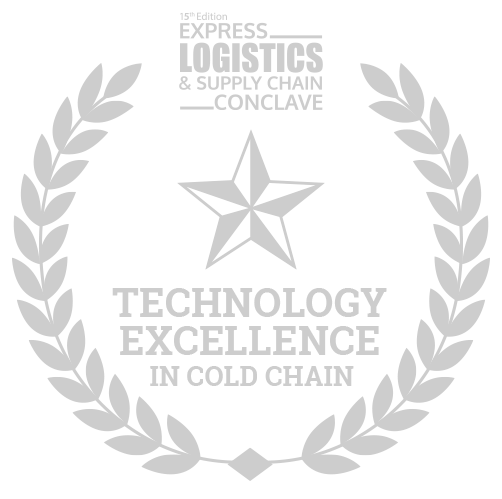
Related Articles.

